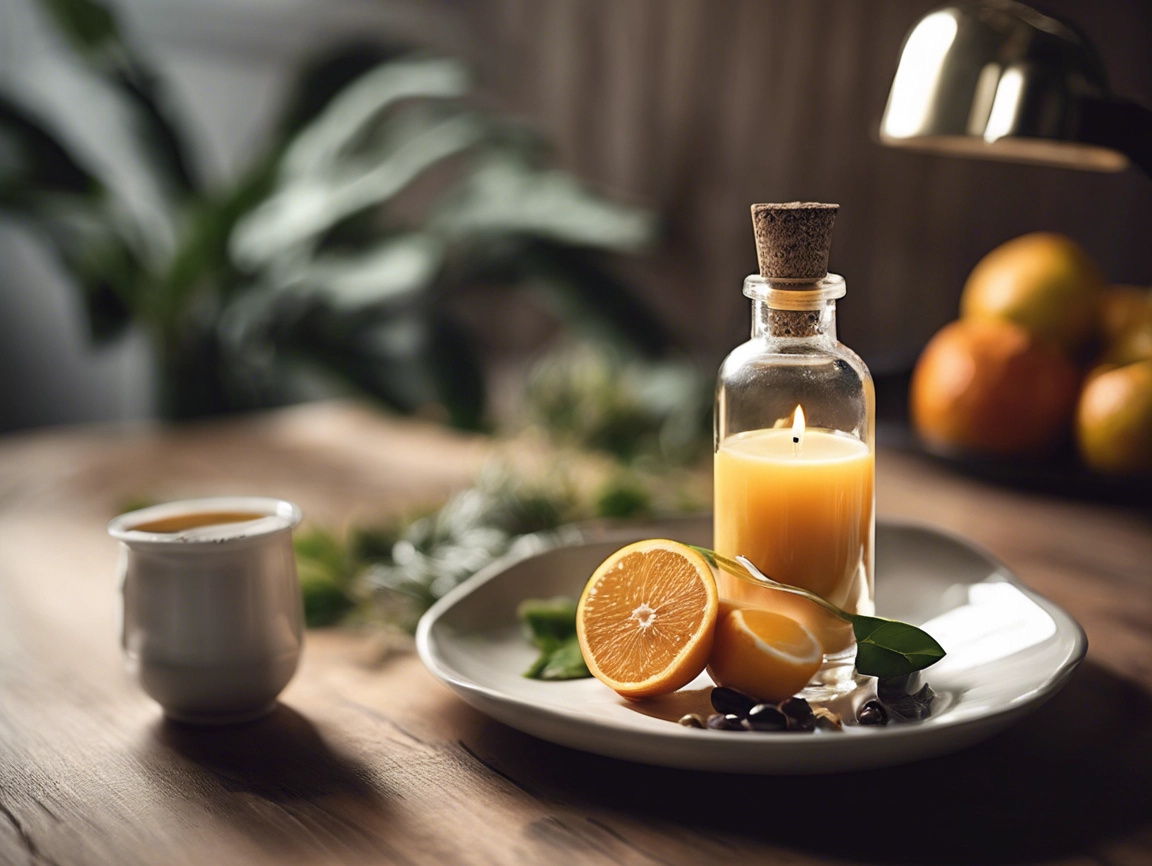The New Year tends to herald a time of positive change,for most of us, and when it comes to striving to achieve your plans in the year ahead, there’s nothing better than a solid platform of “home”. This sense of “home” is very grounding for most people and allows them to focus in a way they otherwise would not be able to.
Yet, the concept of home isn’t about the bricks and mortar that keeps the roof above your head, or securing a great mortgage, home is a feeling – and as such, it’s a feeling that you need to generate.
Many people are under the impression that feelings are something that come to you, without any control, meaning, you have feelings that you have to deal with and respond to – rather than the truth which is your thoughts tend to create your feelings… and feelings such as confidence, or a sense of home, must be generated and manufactured rather than purchased or given at birth.
In this sense, the feeling of home is something you must generate for yourself and what that really comes down to are the mental associations you have with a feeling of home. For instance, some people feel much more at home living in a cluttered environment, whilst others, would feel very distracted and unable to relax if there was clutter lying around the property.
Therefore, home is something personal to you – it’s not a hack of making rooms lighter by painting them white, it’s an association. The fact you might associate a feeling of home with light, airy spaces, is valid – but it’s not the fact that white walls create the feeling of home – it’s that they are an anchor to the feeling you associate with home.
Whilst you might not have been expecting a psychology lesson, it’s important to realise that home is a psychological concept – a feeling, and emotional state, rather than an objective thing. Yes, you might feel more “at home” in some areas than others, but again, this is a feeling – it’s not the area, it’s how the area makes you feel.
That said, there are a number of things you can do to create a greater sense of home this year, and this list provides some great inspiration for practical ways you can do just that.
- REMOVE CLUTTER
The idea of “tidy house tidy mind” has been scientifically proven to be true. The same can, therefore, be said about how a cluttered house leads to a cluttered mind. You, therefore, want to remove all the clutter from your home, be these items you no longer need, or items strewn all over the house without any organization.
There’s something deeply cathartic about going through old clothes and chucking them out, or sorting out all your paperwork, kitchen cabinets, or bathroom and getting things in order.
- HAVE A DEEP CLEAN
As part of the deep clean process, you’ll want to make sure you do a little more than hovering and polishing. It’s worth investing in a carpet cleaner and a steamer in order to deep clean your home at the level it requires. A good way to think of this is to consider the difference between visiting the hygienist at the dentist and cleaning your teeth at home. It’s fine to clean your teeth at home and keep on top of things at a maintenance level — but every now and then you do require a deep clean.
- BRING IN MORE LIGHT
One of the most vital components of a focused and productive space is that of natural light, so if your home serves as both a resting place and an office, you want to ensure that you bring in as much natural light as possible.
- GET A PET
If you live on your own, pets make for fantastic companions, in the sense that they are always there to greet you when you get through the door desperate for your attention; whether it’s the excited wag of a tail from a dog or a jump on the lap and nose rub from a cat. Having a pet has many health benefits, particularly in terms of emotional wellbeing, and if you feel lonely within your home – a common problem – it can help to alleviate that and provide a secure emotional attachment you can rely on.
- ADD PLANTS
We often forget how vital plants are for producing fresh air; as even our kids will tell us from their basic science classes that plants breathe in carbon dioxide and breathe out oxygen – which is vital to our survival.
Plants cleanse the air from toxic chemicals and naturally raise the air’s humidity by releasing moisture vapour which can be particularly beneficial for people with respiratory problems or even those that suffer from dry skin.
- USE AROMATHERAPY OILS
There’s a huge amount of research to demonstrate how effective adding essential oils to your daily routine can improve your health. Having an aromatherapy oil diffuser within your home is perhaps the most efficient and safe way to ensure a pleasant and relaxing smell in your home. Indeed, this is a much better way to achieve a pleasant scent than artificial air fresheners that are filled with chemicals and tend to be bad for the environment.
- USE IT OR LOSE IT
A home is to be lived in, and therefore you want to build that sense of home by making sure you actively use your home – whether this is by inviting friends over for dinner, cuddling up on the sofa with your favourite film, or having a nice long soak in the bath. So often, we treat our home like a crash pad, then wonder why we’re not feeling a sense of “home” from the space that we occupy.
In summary, home is not something you buy – it’s something you create, and a sense of home is important to everyone’s emotional wellbeing. Therefore, this might be an area you want to invest in this new year.




